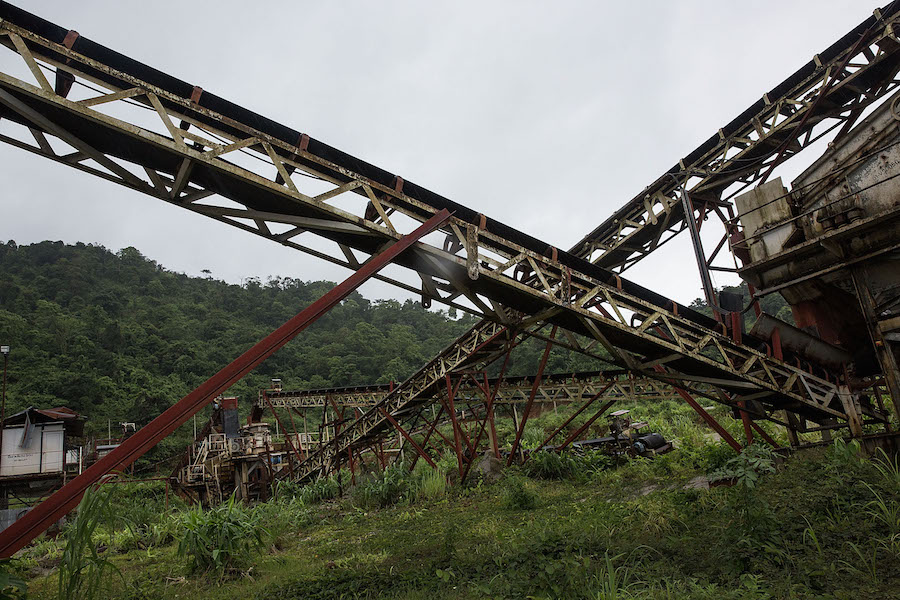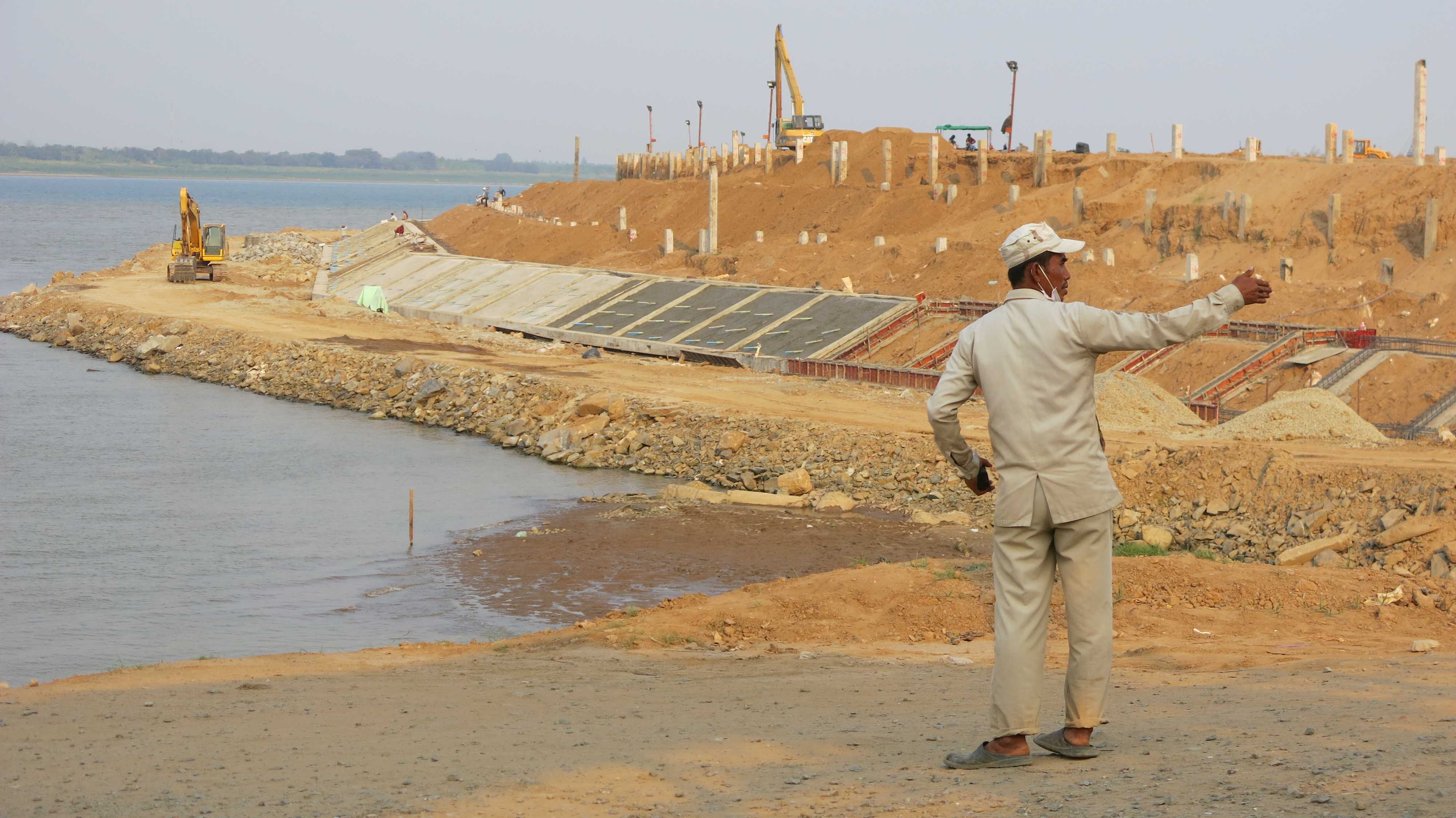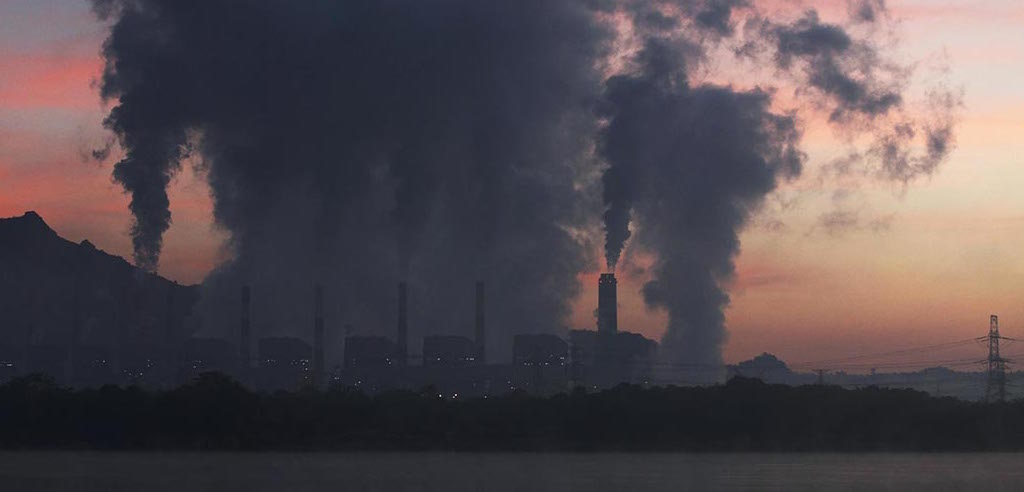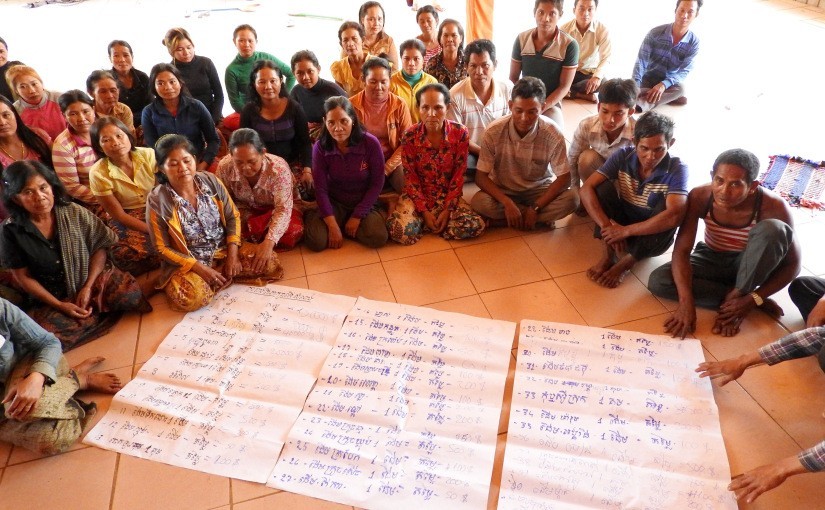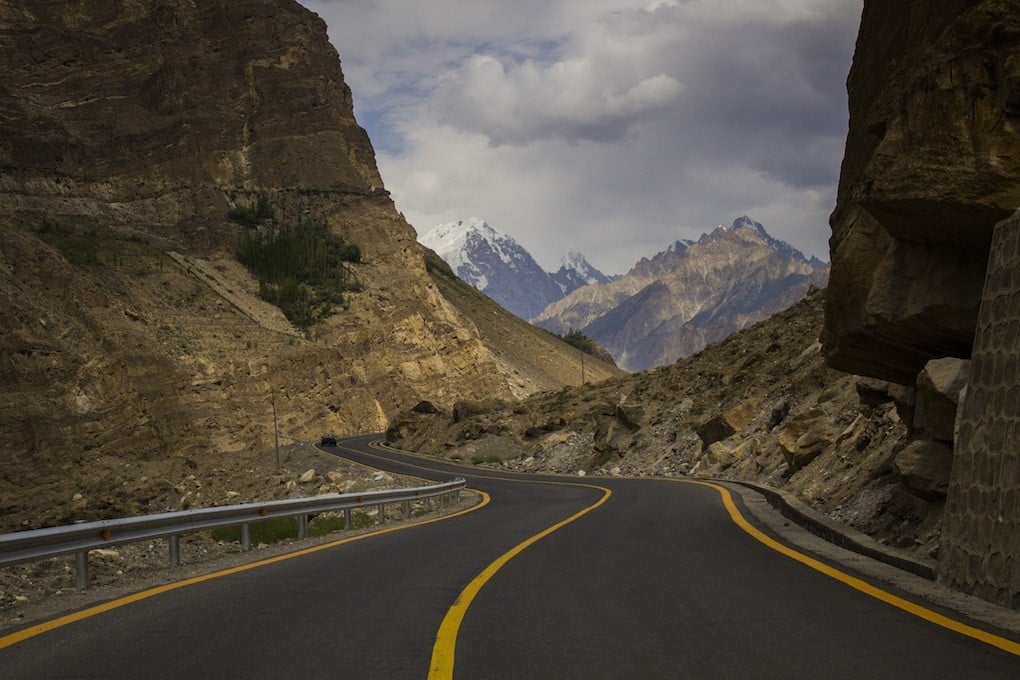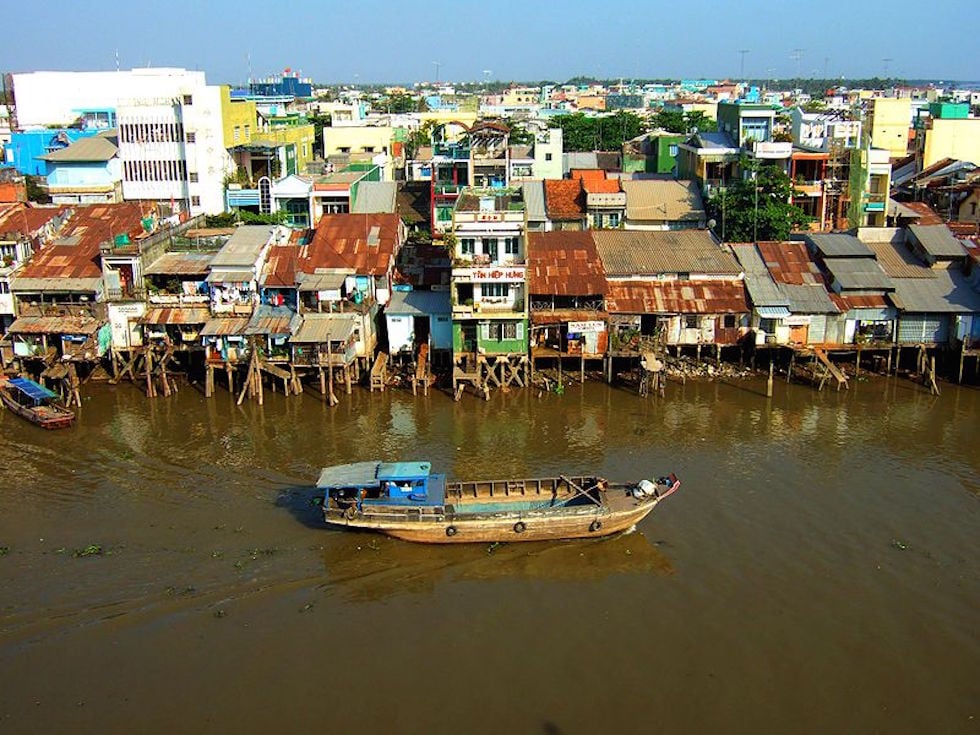Villagers in Ayeyarwady Region, Mon State and elsewhere across Myanmar are refusing to accept plans for power projects in their neighbourhoods, fearful pollution will harm their health, farms and fisheries. Evidence from around the world, including China, India and Thailand, suggests they are right to be worried.
In 2014, energy use caused damage worldwide amounting to US$5.3 trillion, according to analysts’ estimates at the International Monetary Fund. Of that, $5.124 trillion was due to fossil fuels with two-thirds attributed to coal. Climate change accounted for a quarter of the costs, with the rest due to sickness, premature death and degradation of the environment.
Analysts believe the damage adds up to 8-16 per cent of GDP for developing countries in Asia, which for Myanmar equates to $4-8 billion in 2014.



